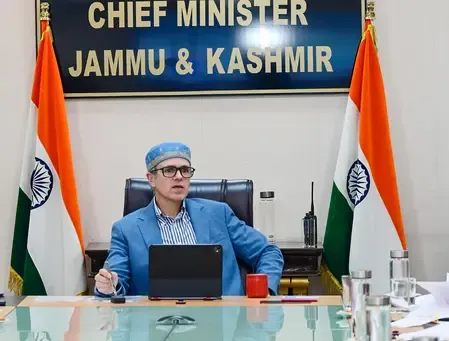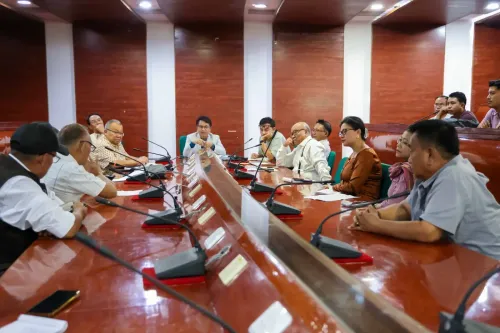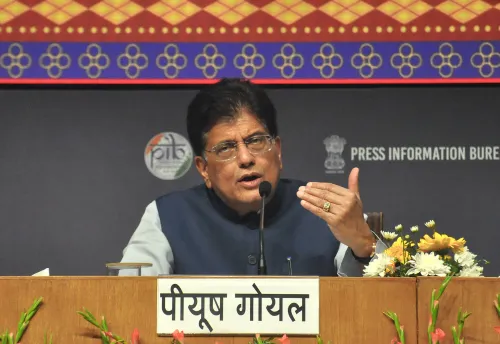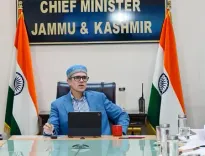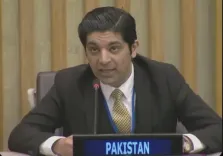Can 'Physical Relations' Be Considered Rape? Delhi HC Acquits Man in POCSO Case
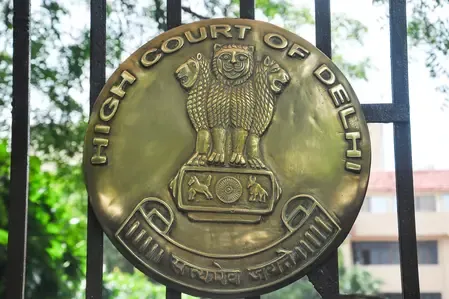
Synopsis
Key Takeaways
- Ambiguity in terminology can lead to legal challenges.
- Clear evidence is crucial in sexual offense cases.
- Delay in reporting can affect the credibility of allegations.
- The role of the court in clarifying testimonies is vital.
- Legal definitions need to evolve for better protection of victims.
New Delhi, Oct 21 (NationPress) The Delhi High Court has acquitted a man who was previously convicted under the Protection of Children from Sexual Offences (POCSO) Act, stating that the term "physical relations" used by the victim was too ambiguous to serve as evidence of rape or penetrative sexual assault.
The judgment highlighted that the prosecution did not adequately prove the essential elements of the alleged crimes beyond a reasonable doubt. Justice Manoj Kumar Ohri remarked: "In the unique circumstances of this case, the reference to ‘physical relations,’ lacking any corroborative evidence, is not enough to determine that the prosecution successfully proved the crime beyond reasonable doubt."
The man, known as Rahul @ Bhupinder Verma, had received a 10-year sentence from a trial court for reportedly engaging in sexual relations with his 16-year-old cousin under the guise of marriage.
The case was initiated in March 2016, nearly 18 months after the alleged offense.
Justice Ohri noted the significant delay in filing the FIR was poorly justified.
"Without solid reasons, the 18-month delay in reporting this incident is significant," stated the court, which also pointed out that "there was no evidence to confirm that she was unable to speak from the time of the incident until the FIR was filed."
The prosecution claimed the victim lost her voice after ingesting poison when the accused rejected marriage, and the complaint was made once she regained her speech. However, Justice Ohri found no medical evidence supporting this assertion, stating: "There is no evidence to confirm that she did not have the ability to speak from the time of the incident until the FIR was lodged."
The Delhi High Court remarked that neither the Indian Penal Code (IPC) nor the POCSO Act defines "physical relations," and its mere mention in testimony cannot be automatically interpreted as rape or penetrative sexual assault.
Justice Ohri questioned whether the term ‘physical relations’ should automatically imply rape or if further clarification or evidence is necessary to establish a link between the term and the alleged crime.
Referencing a recent ruling from the Delhi High Court, Justice Ohri emphasized that "the phrase ‘physical relations’ cannot be instantly equated with sexual intercourse, let alone sexual assault."
The bench criticized the trial court and prosecution for not seeking clarification from the victim during her testimony, stating: "No clarification was requested, either by the APP or the court, regarding what the child victim meant by ‘physical relations’ and whether it met the criteria for penetrative sexual assault."
The Delhi High Court noted that it is the "statutory duty of the Court to pose certain questions to uncover or obtain proper proof of relevant facts" under Section 165 of the Evidence Act, particularly when dealing with vulnerable witnesses.
Labeling it an "unfortunate case," Justice Ohri overturned the conviction and ordered that the appellant be released from custody "immediately, unless required for any other case."
"Consequently, the appeal is granted, the contested ruling is annulled, and the appellant is acquitted. As a result, the appellant is released from jail immediately, unless required for other legal matters," concluded the bench.

